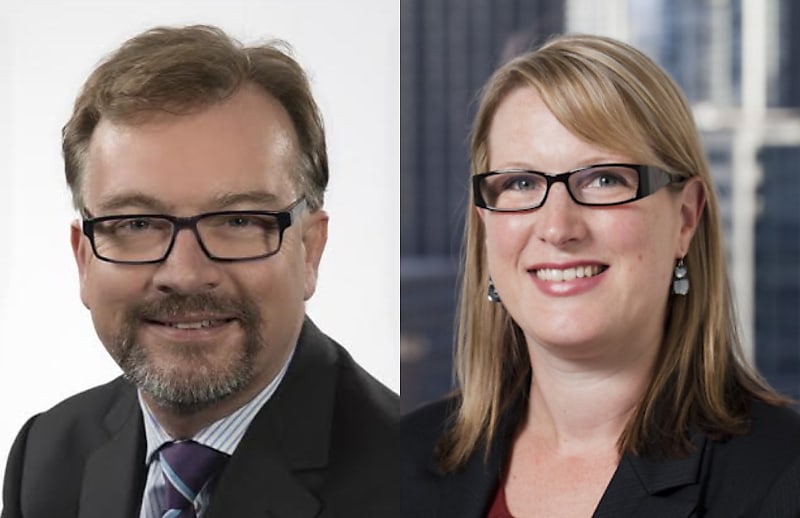Conflicts of interest, aggressive tax practices, and pressure to “cook the books” are among the most common issues confronting accountants, said two specialists in ethical aspects of the profession.
They said common missteps included failure to identify an ethical issue or realise that a particular action might lead to a breach of the accounting ethical code, known as APES 110.
You’re out of free articles for this month
“Issues around conflicts of interest is a big one, how to deal with that,” said RMIT honorary professor of accounting Brendan O’Connell, speaking on the latest Accountants Daily podcast.
“Issues around, shall we say, aggressive tax practices … where is the line there? It also might be around coercion being put on people by senior employees in their company to perhaps, shall we say, cook the books to make things look a bit better.
“These are the sorts of things that could come up.”
Fellow podcast guest Keddie Waller, who is senior manager, public practice, financial planning, and ethics policy at CPA Australia, said the demands of work could cloud ethical issues.
“We’re hearing from accountants all the time about the capacity constraints that they have at the moment and the lack of staff and that’s putting a lot of pressure on workloads,” she said. “It’s often important just to take a step back and look at a situation with that professional lens before you often proceed.
“So don’t let the day-to-day pressures influence and let you forget about some of these broader obligations.”
She said members frequently came to CPA Australia for guidance with issues, often when taking on a fresh client or losing an old client.
“For example, you might have clients going through separation and then having to make decisions around which client you may represent, because it could be a conflict to continue to represent both,” she said.
“It’s important to always put that professional judgement lens on when you’re accepting a new engagement or receiving a new client request.”
Mr O’Connell, who chairs the CPA Australia Centre of Excellence for Ethics and Professional Standards, said accountants had an obligation to disclose misbehaviour where they found it under NOCLAR or non-compliance with laws and regulations.
“Let’s say they see something fraudulent going on in their organisation, such as deliberate overstatement of profits by senior management to help them achieve their bonuses. There’s always a temptation just to turn a blind eye to that isn’t there?” Mr O’Connell said.
“But that would be an example of where you’re not dealing with it appropriately and that you should actually be reporting the matter, should be doing something that will be consistent with your obligations as a professional accountant.”
He said the ethics code outlined five underlying principles: integrity, objectivity, professional competence, confidentiality, and professional behaviour.
“The code, APES 110, actually specifically mentions the public interest, that accountants as professionals have an obligation to act in the public interest. And so acting in the public interest is underpinned by complying with these five fundamental principles,” he said.
Ms Waller said the code was like an umbrella, setting conduct and behaviour expectations for the profession based on international standards.
“Cascading down from those five fundamental principles under the code we actually have individual professional standards that then further articulate obligations in regards to particular professional public accounting services,” she said.
“The term accountant is actually not a regulated term in Australia. So members that are under these additional obligations sign up to these voluntarily.
“So because that is a commitment they have made, they have at the forefront of their mind when they’re providing their services in contact with clients.
“That’s really reflected in the trust the community has in the accounting profession – they have voluntarily stood up to adopt these principles and they adhere to that in their day-to-day practices.”

 Login
Login







